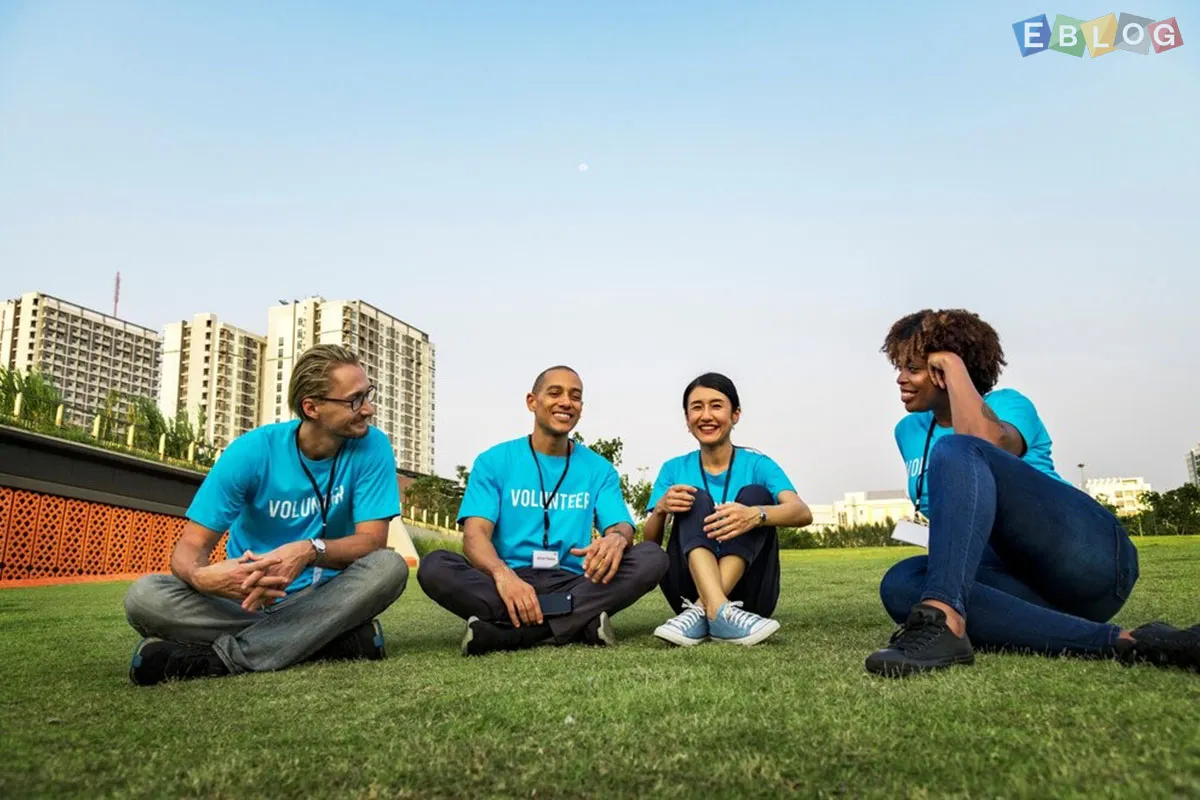
The Role of Sports in Building Community and Social Change
- 26 Aug, 2024
- Sports
- 1006 Views
- 0 Comments
Sports are more than just games; they are powerful tools for bringing people together, fostering unity, and driving positive social change. Whether it’s a local youth league, a national tournament, or an international event like the Olympics, sports have a unique ability to bridge divides, promote inclusivity, and ignite movements for social justice. This blog explores how sports play a crucial role in building communities and inspiring change.
1. Sports as a Unifying Force
Sports have a remarkable ability to unite people from diverse backgrounds. Whether you’re watching a World Cup match in a packed stadium or playing a pickup game in your neighborhood, the shared passion for a team or sport transcends cultural, social, and economic differences. Communities come together to celebrate victories, console each other in defeats, and form lasting bonds that go beyond the field. The collective experience of cheering for a common cause fosters a sense of belonging and camaraderie, creating tight-knit communities.
2. Promoting Social Inclusion and Breaking Barriers
One of the most significant impacts of sports is its role in promoting social inclusion. Sports offer opportunities for marginalized groups, including people with disabilities, ethnic minorities, and economically disadvantaged communities, to participate and be recognized. Programs like Special Olympics and initiatives promoting women in sports have opened doors for underrepresented groups, challenging stereotypes and promoting equality. By encouraging participation from all sectors of society, sports help break down barriers and empower individuals to take on leadership roles in their communities.
3. Catalysts for Social Movements
Throughout history, athletes and sports events have been at the forefront of social change. From Muhammad Ali’s stance against racial injustice to Colin Kaepernick’s protest during the national anthem, sports have provided a platform for powerful messages. These actions spark conversations, raise awareness, and inspire movements that extend beyond the sports arena. The visibility and influence of sports figures make them potent advocates for human rights, equality, and justice.
4. Sports as a Tool for Youth Development
For young people, sports serve as a gateway to personal growth, leadership development, and community involvement. Participation in sports teaches valuable life skills like teamwork, discipline, resilience, and goal-setting. Youth sports programs also offer safe spaces for children and teenagers, keeping them engaged and away from negative influences. By fostering a sense of purpose and belonging, sports help build confident, responsible citizens who contribute positively to their communities.
5. Building Bridges Across Cultures
International sports events, like the Olympics or the FIFA World Cup, bring together countries from around the world, creating opportunities for cultural exchange and mutual understanding. These events celebrate diversity while highlighting the shared values of teamwork, fair play, and mutual respect. By showcasing different cultures and traditions, sports promote global solidarity and peace, helping to build bridges across cultural divides.
6. Community Upliftment Through Sports Initiatives
Grassroots sports initiatives play a crucial role in community development, especially in underprivileged areas. Organizations and nonprofits use sports to address social issues such as poverty, crime, and educational gaps. Programs like “Football for Peace” or “Right to Play” use sports to teach essential life skills, provide mentorship, and create pathways to education and employment. By focusing on development through sports, these initiatives uplift entire communities and foster long-term change.
Conclusion
The role of sports in building communities and driving social change cannot be overstated. Beyond the thrill of competition, sports have the power to unite, empower, and inspire. From promoting inclusivity and challenging social norms to fostering youth development and bridging cultural divides, sports are a dynamic force for positive change. As we continue to engage in and support sports at all levels, we contribute to the broader mission of building stronger, more connected communities and a more just society.



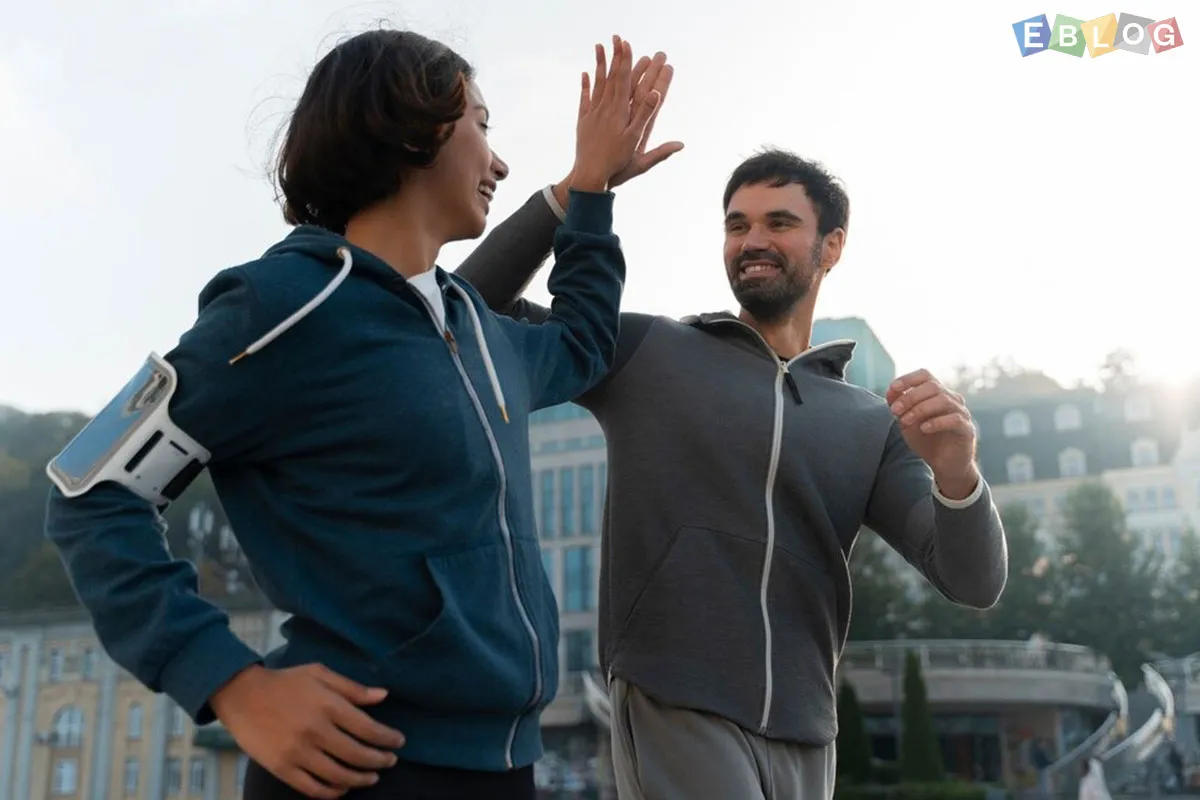
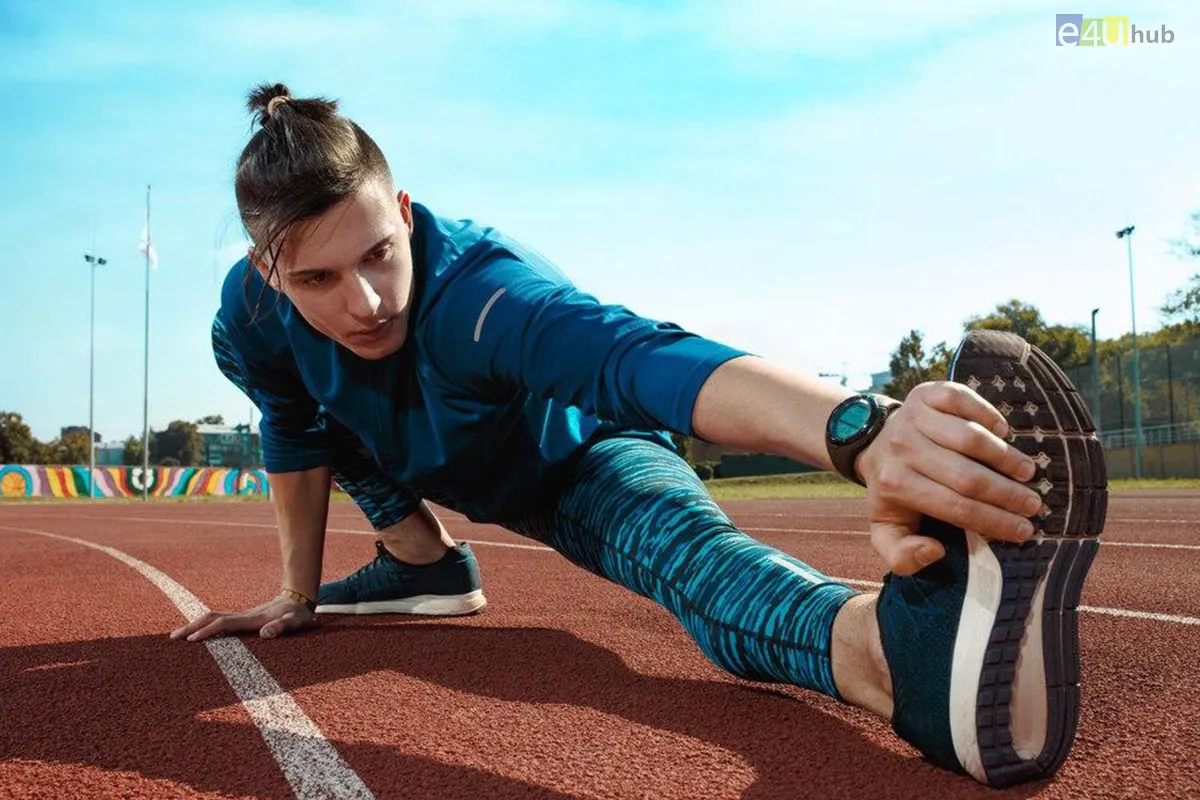


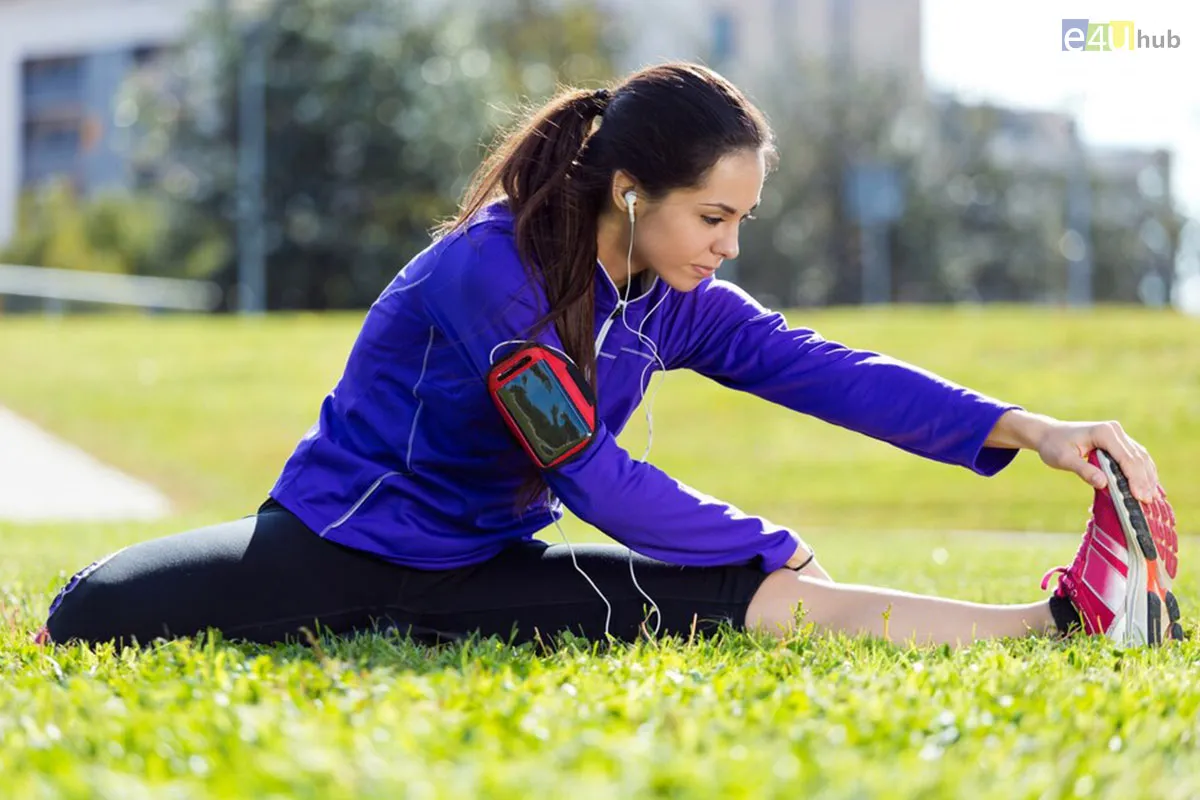



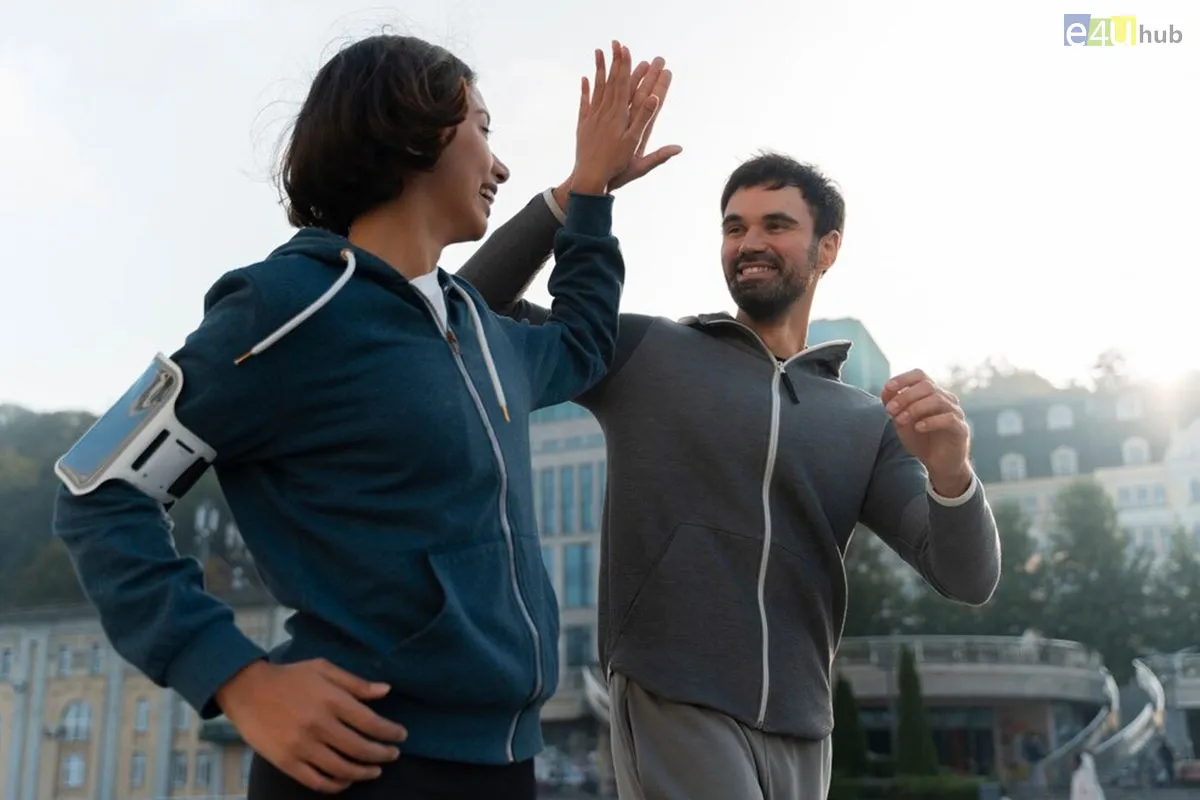

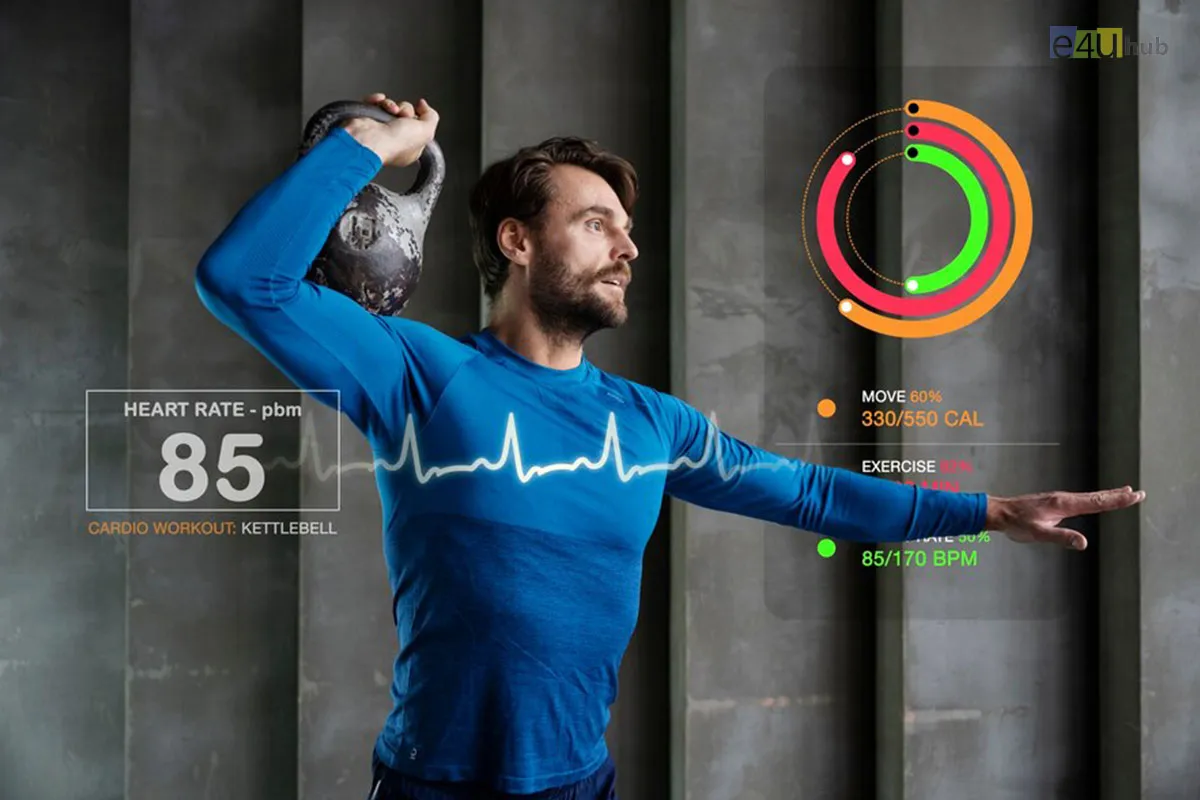

Leave a Reply